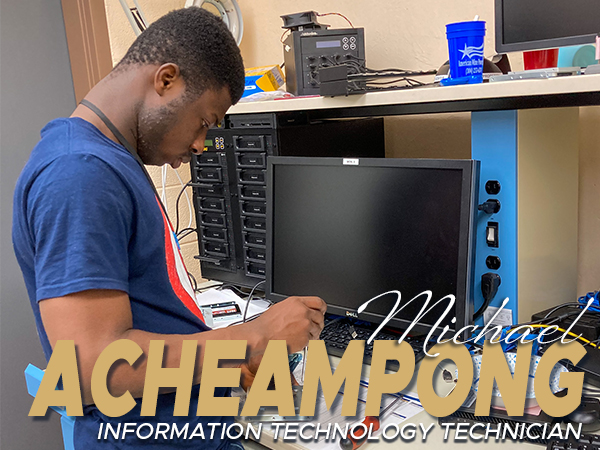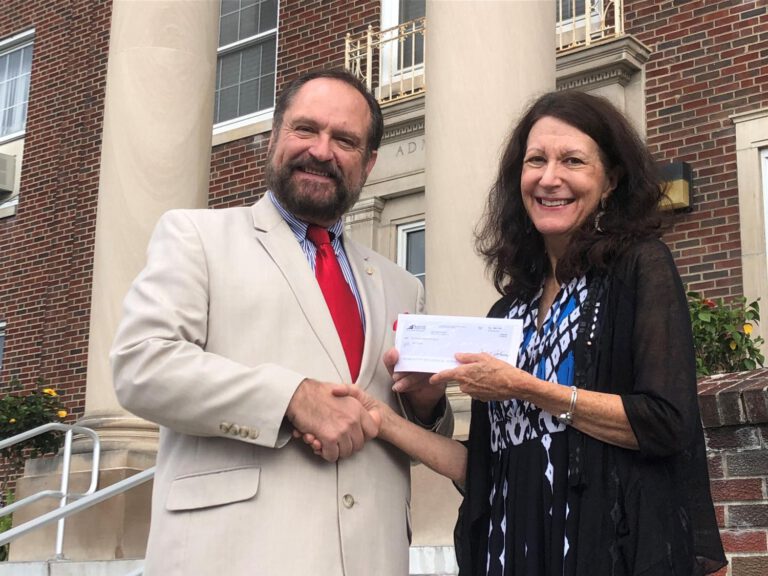BSU Partners with Virginia Tech to Evaluate Critical Minerals in Appalachia
BLUEFIELD, WV – Bluefield State University’s Mining Engineering Technology Program announces its participation in the Expand Appalachia Project, a comprehensive initiative led by Virginia Polytechnic Institute and State University (Virginia Tech) to promote regional economic growth and accelerate the characterization of critical minerals in the Appalachian Mountain region. The U.S. Department of Energy has committed $7.5 million to the project, with an additional $2.06 million in non-DOE funding, bringing the total project value to $9.56 million.
“This collaboration represents a transformative opportunity for Bluefield State University and our entire region,” said Dr. Darrin Martin, President of Bluefield State University. “As the only HBCU with a mining engineering program, our participation in this consortium strengthens our mission to provide cutting-edge educational opportunities while contributing to the economic revitalization of Appalachia. This partnership will create valuable research opportunities for our students, faculty, and local industry while helping to secure America’s critical mineral supply chain.”
The consortium brings together leading academic institutions, including the University of Kentucky, Penn State University, West Virginia University, and Bluefield State University, along with key industry partners and government agencies. This collaborative effort aims to foster new job creation while assessing critical mineral opportunities throughout the Appalachian region.
Bluefield State’s Mining Engineering Program will be working alongside this diverse group of partners to advance the characterization and potential extraction of critical minerals in the Appalachian region.
“Rebuilding a domestic supply chain for critical minerals and materials here at home will both safeguard our national security and support the continued development of a clean energy and industrial economy,” said Brad Crabtree, Assistant Secretary of Fossil Energy and Carbon Management. “DOE is investing in collaborative regional projects to help us realize our nation’s full potential for recovery of these vital resources while creating high-wage jobs and delivering environmental benefits for communities across the United States.”
About Bluefield State University’s Mining Engineering Program
Bluefield State University announced the return of its respected Mining Engineering Technology program last year and has partnered with industry-leading companies and suppliers to develop a curriculum that addresses specific mining industry needs.
The four-year program culminates with a Bachelor of Science degree and offers a comprehensive curriculum designed to equip students with the technical skills and knowledge necessary to thrive in the modern mining industry. Courses cover a range of topics including mine ventilation, planning, health and safety management, mineral processing, and mine leadership and organization. Students will also benefit from hands-on training, state-of-the-art facilities, and partnerships with industry leaders.
The industry also established paid internship opportunities as well as several scholarships specifically to aid students pursuing a four-year degree. The inaugural class began in the fall semester of 2024 and students are encouraged to apply now at https://bluefieldstate.edu/degree/mining-engineering-technology.
About the Expand Appalachia Project
The Expand Appalachia project is a DOE-funded initiative focused on promoting regional economic growth and job creation through the characterization of critical minerals in the Appalachian Mountain region. With total funding of $9.56 million, the project brings together academic institutions, industry partners, and government agencies to advance sustainable mineral development opportunities.
The Expand Appalachia Project is part of a broader initiative. The DOE announced $45 million in federal funding for six projects to create regional consortia to accelerate the development of critical mineral and materials supply chains including novel nonfuel carbon-based products from secondary and unconventional feedstocks.







